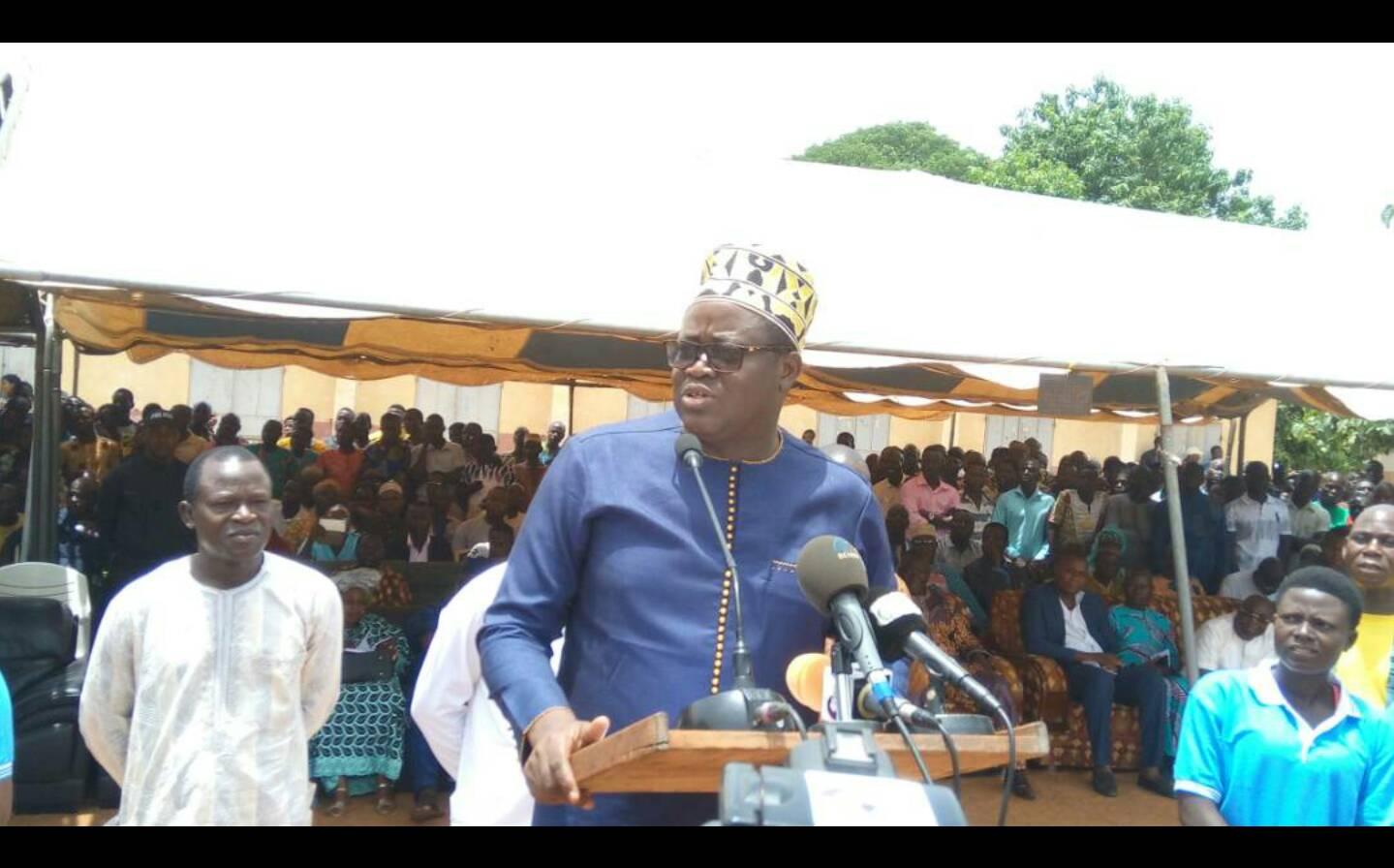Benin – Soy Industry: The Democrats Question the Transparency of Government Policy
The soybean sector, a flagship of Benin’s agricultural and industrial strategy, is currently at the center of a heated political controversy. The opposition party Les Démocrates has questioned the government, demanding precise explanations on the mechanisms for exporting and enhancing locally produced soybeans.

SUMMARY
In recent years, national soybean production has experienced remarkable growth. A spectacular growth… but under scrutiny: 156,900 tons in 2017, 253,953 tons in 2021, nearly 400,000 tons in 2022-2023…
This growth has been driven by a strategic vision aimed at promoting local processing to create jobs, generate wealth, and structure a sustainable industrial sector. Strong measures were taken, including the ban on land export of raw soybeans, taxation of maritime exports, setting official purchase prices for producers, and incentives for local processing industries. But despite these advancements, the sector faces many controversies, prompting the parliamentary opposition to question the government.
Suspicions Raised by Les Démocrates
Indeed, despite this momentum, several parliamentarians from the Les Démocrates party claim that the reality does not match the stated intentions. In an official questioning, they mention the granting by the Beninese state of two exceptional permits:
One for the export of 100,000 tons, the other for 50,000 tons of soybean grain. These authorizations would be contrary to the spirit of the reforms put in place, according to deputies Nouréni Atchadé and Habibou Woroukoubou, who request immediate clarifications. Their suspicion is reinforced by the amendment of the 2025 finance law.
The amendment of the 2025 finance law indeed introduced an exemption: soybean processing companies can export without tax the part of their stock that is not processed, but up to the volume already processed during the same campaign.
Les Démocrates fear that this provision might be misused, and demand transparency on the quotas actually processed and exported, as well as on the identity of the beneficiary companies.
The Questioning by the Parliamentary Opposition
In a series of oral questions with debate for the government, several deputies from the parliamentary group Les Démocrates are asking the government to open the debate on specific questions.
“It has been brought to our attention from a reliable source that the Ministry of Industry and Commerce reportedly granted, at the start of this month of May 2025, two export authorizations for soybean grain for the 2024-2025 campaign. One for the export of 100,000 tons and the other for 50,000 tons of soy,” reads the questioning from the Les Démocrates party.
However, the same document specifies, “an amendment to the 2025 finance law has introduced a measure authorizing the export of soy without tax and customs duties for soybean processing companies up to the unprocessed stock at the end of the season and before the next campaign. Thus, according to the new wording of this measure in the 2025 finance law, from January 1 to December 31, 2025, soybean processing industries that were unable to process their entire stock acquired during a campaign can export part of the remaining stock by exempting customs duties up to the quantity processed during that season.”
The parliamentary opposition, through its prerogative of monitoring government actions, has questioned the government to shed light on all the measures taken and underway around the marketing of cotton.
Let us recall that the marketing of seed cotton has faced several challenges under the rupture regime with stringent measures preventing producers from selling their production in neighboring countries and at prices they want.
These measures were finally relaxed on November 16, 2023. According to a statement issued by the government, soybean producers can sell their products to whomever they want and at the prices they choose.
“The trade of soybean grain is free throughout the national territory. Thus, buying, selling, and transport operations, the prices, the start and end dates of operations, are freely set by the actors. The export of soy is free, without approval, and is done exclusively through the Port of Cotonou,” the statement mentions.
The same statement specifies that “the contribution to research and agricultural promotion (CRA) collected at the customs cordon, exclusively borne by exporters, is now set at 30 CFA francs per kilogram of soybean grain instead of 140 CFA for the previous campaign.”


Comments